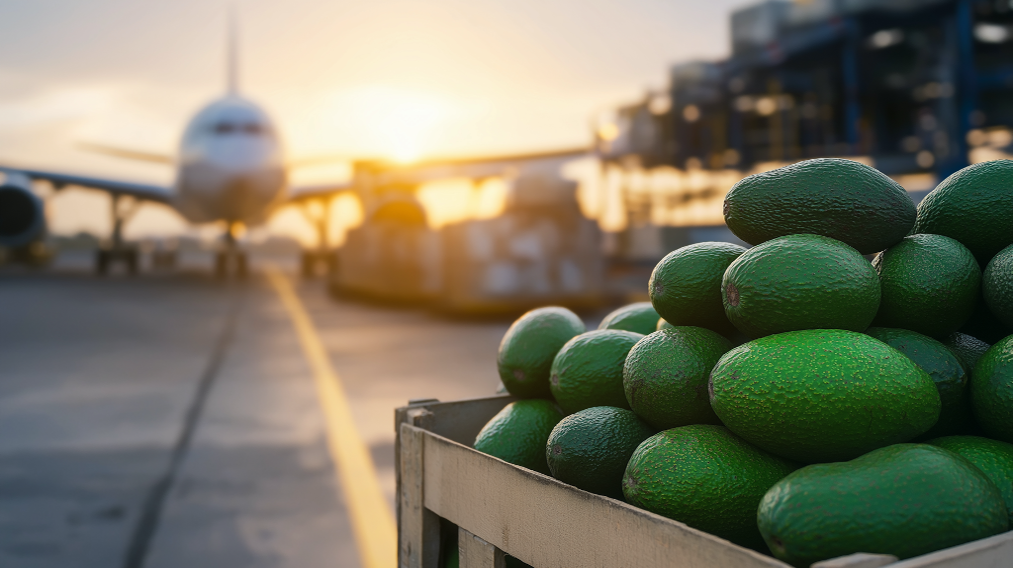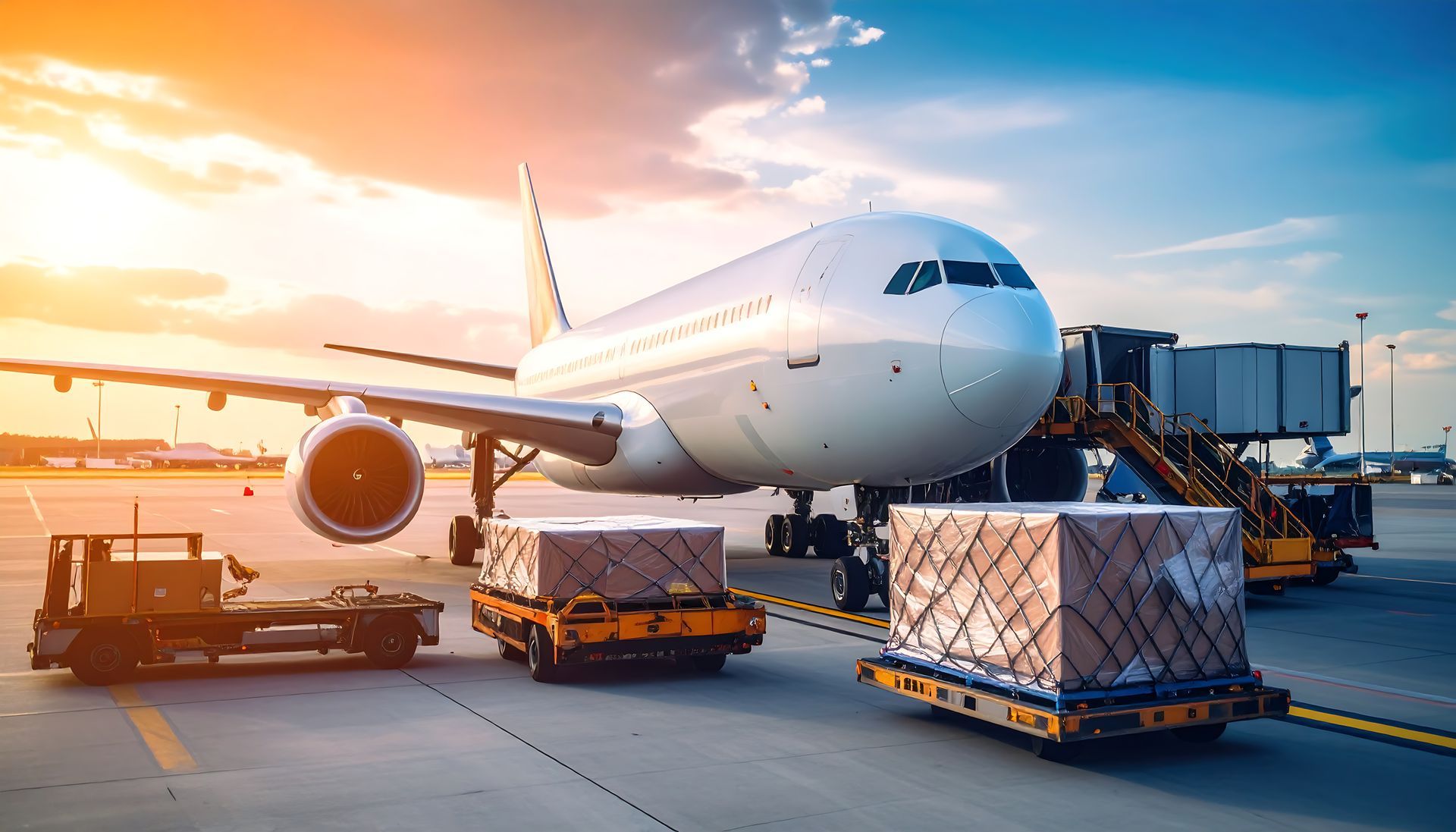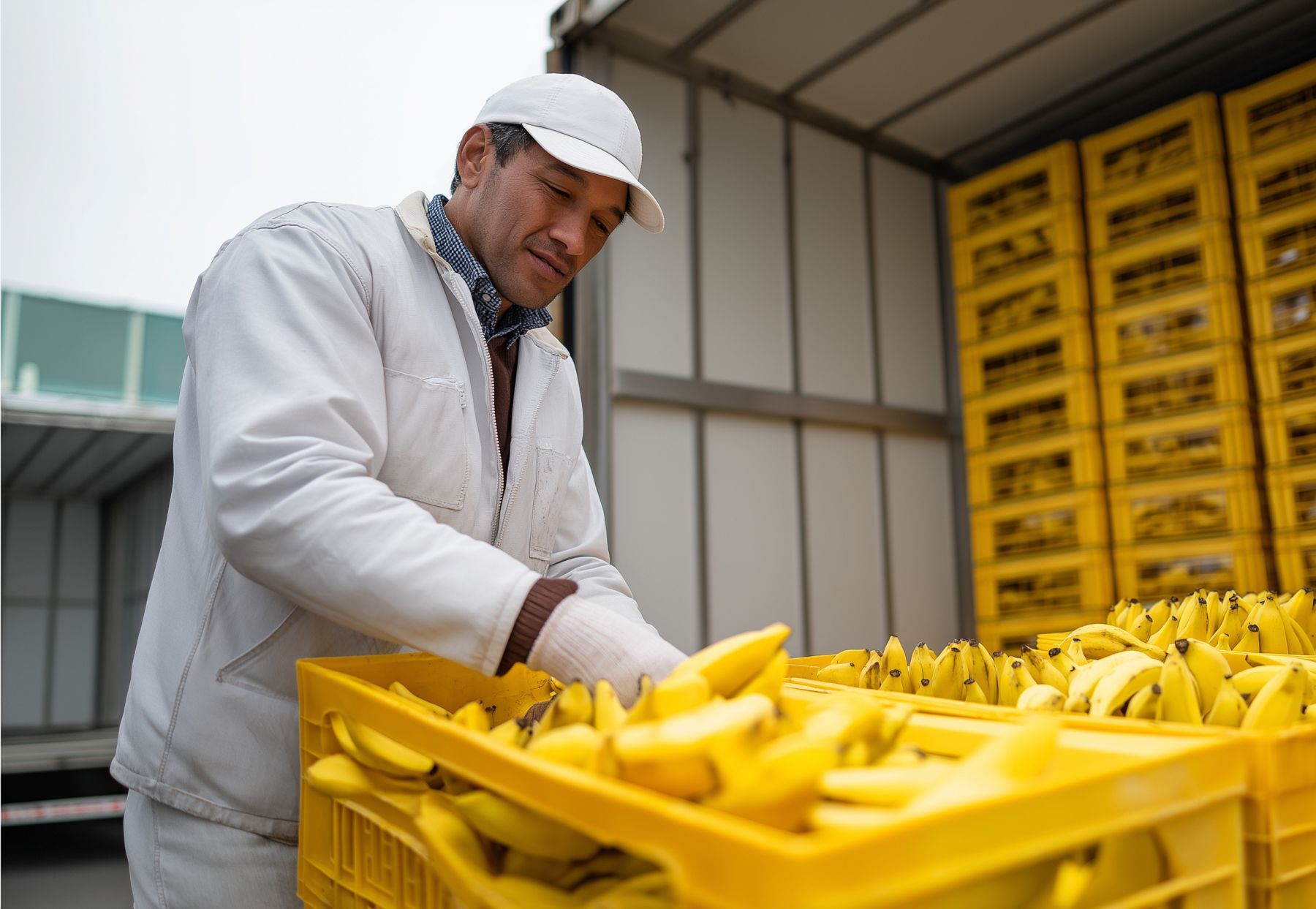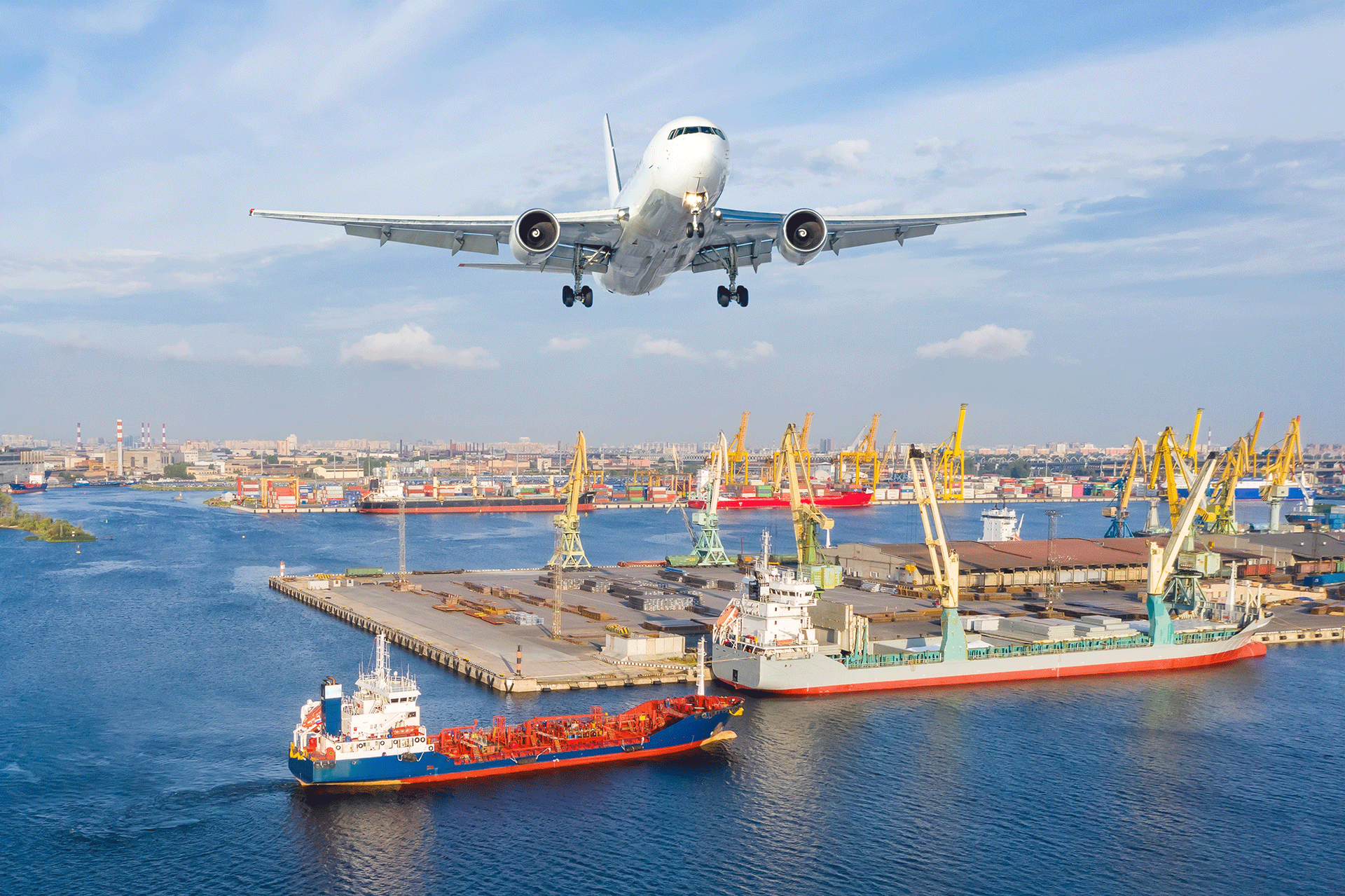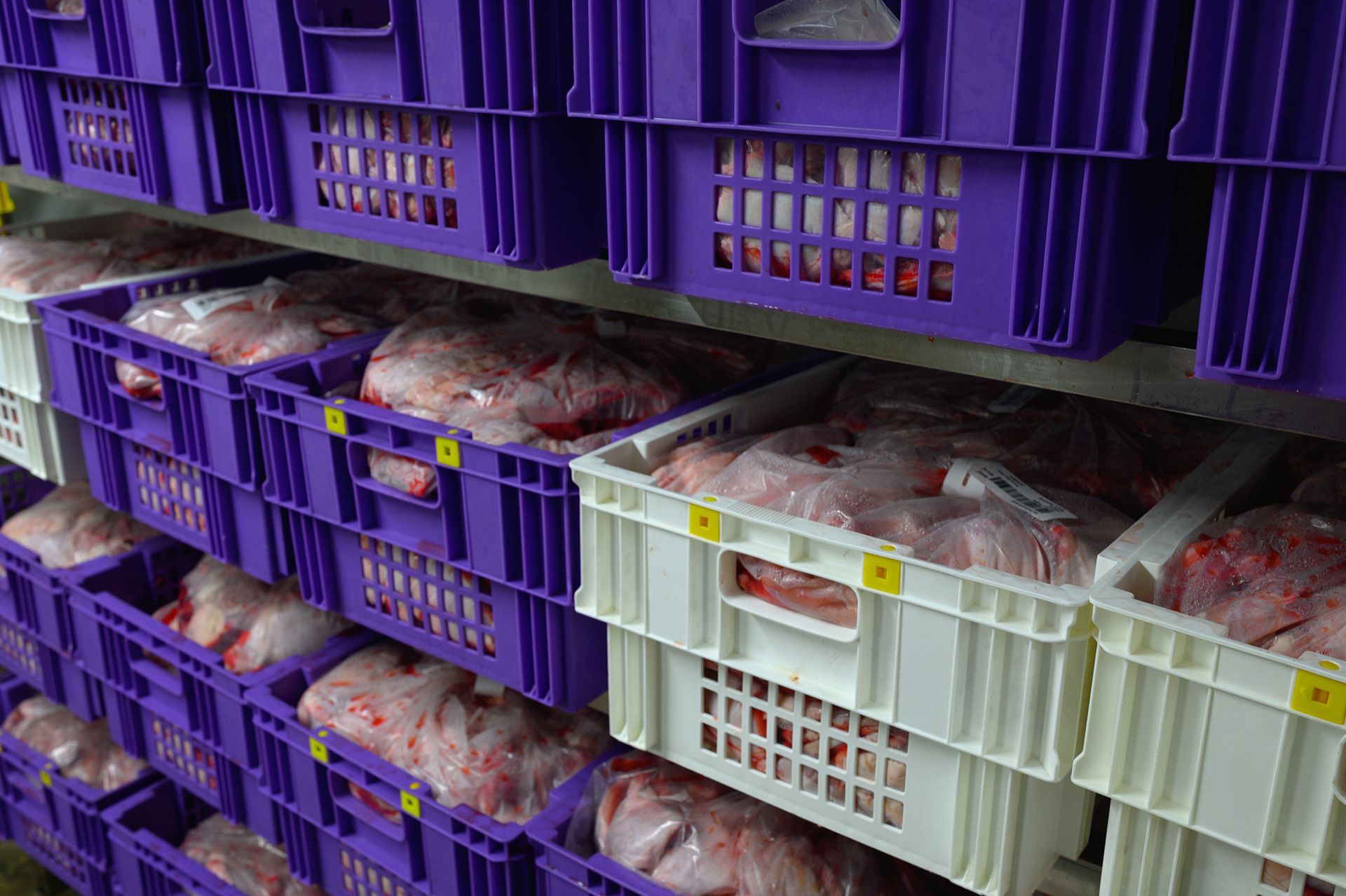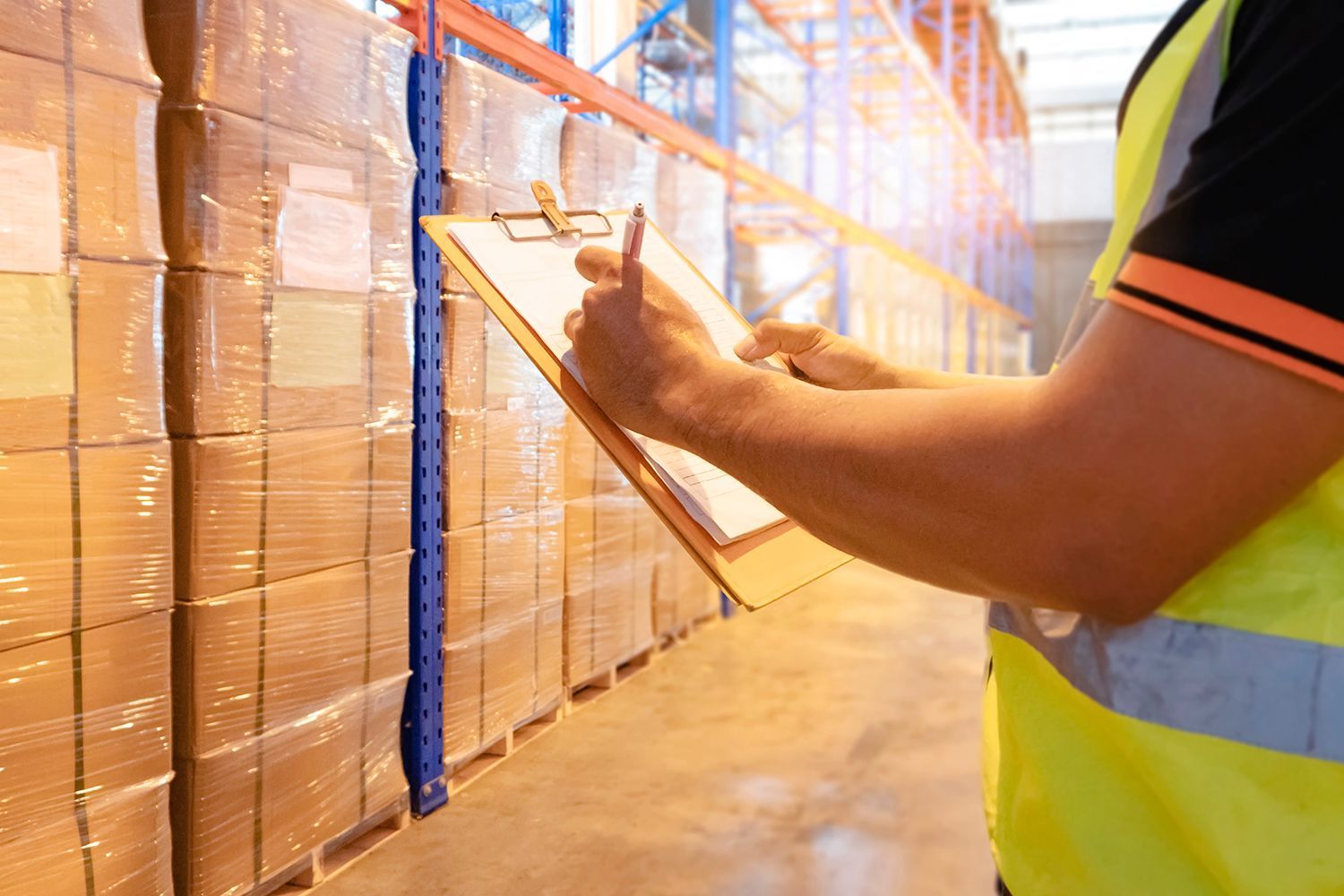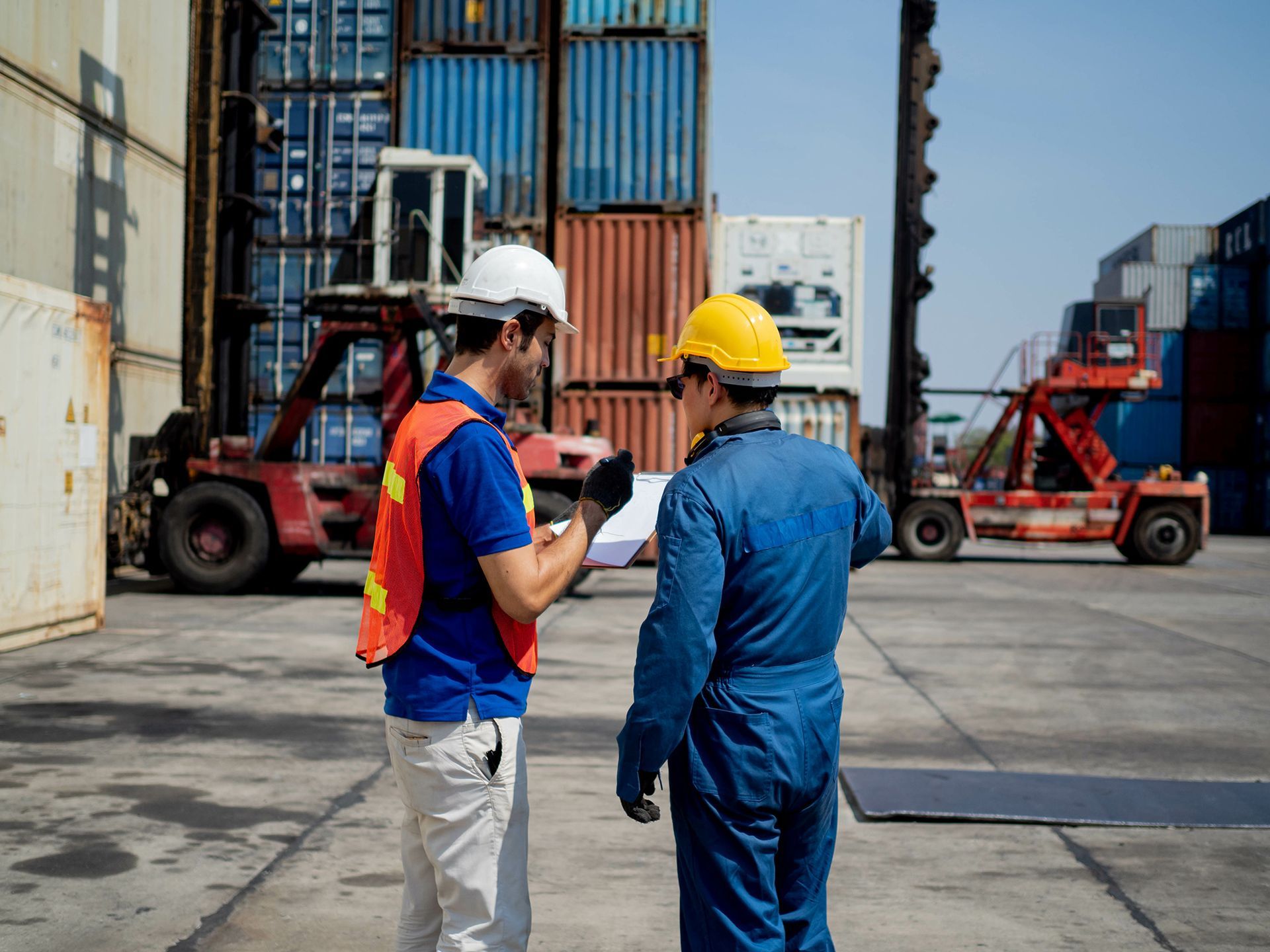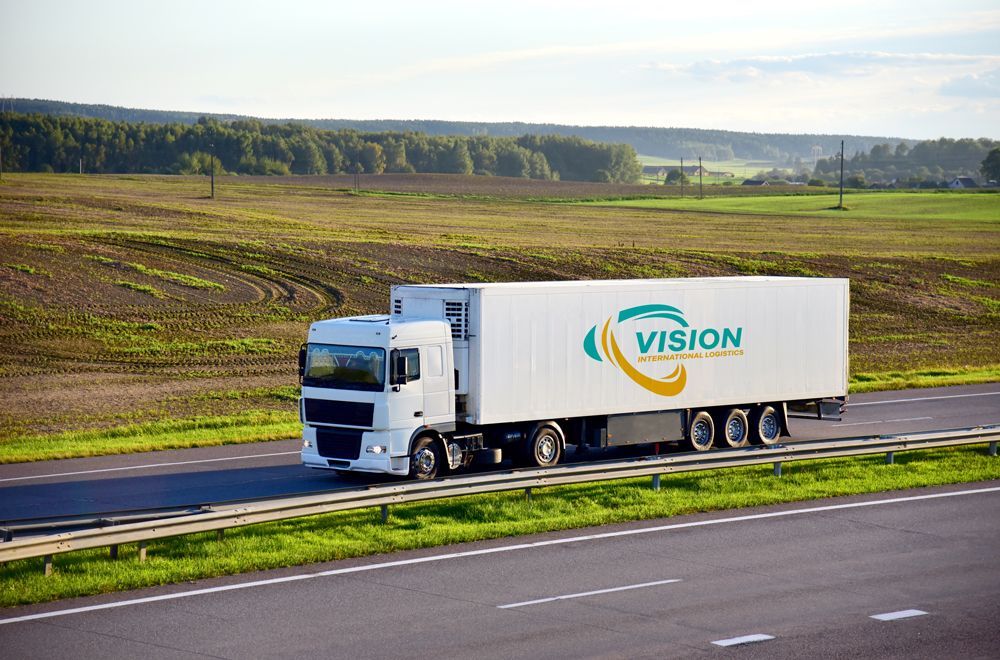Sustainable Practices in Freight Forwarding: Brisbane Companies Leading the Way

As the logistics industry continues to grow, the importance of sustainability in freight forwarding has become increasingly prominent.
In Brisbane, companies are stepping up to lead the charge, implementing innovative practices that minimise environmental impact while maintaining operational efficiency.
The following article explores the sustainable practices adopted by Brisbane freight companies and highlights how they are setting new standards in the industry.
The Push for Sustainability
The global push towards sustainability has had a profound impact on the freight forwarding industry.
Environmental concerns, coupled with regulatory pressures and the need for corporate responsibility, have driven companies to rethink their operations.
In Brisbane, the commitment to sustainability is evident in both public and private sectors, with local companies playing a significant role in driving the city’s green agenda.
For more information on the development of sustainable businesses in Brisbane, read Queensland’s Government ecoBiz Sustainability Program.
Key Sustainable Practices
1. Decarbonisation and Emissions Reduction
The transportation of goods is a significant source of carbon emissions in the freight industry. According to the Queensland Freight Action Plan 2024-2025, freight companies are prioritising the transition to zero-emission vehicles by aligning with the state's Zero Emission Vehicle Strategy 2022-2032.
This includes investing in electric and hybrid freight trucks and supporting the development of recharging and refuelling infrastructure, especially in regional areas. Additionally, the adoption of Performance-Based Standards (PBS) allows for heavier and more efficient vehicles, further reducing fuel consumption and emissions.
2. Sustainable Infrastructure and Resilience
The design and construction of transport infrastructure in Queensland are increasingly focused on sustainability and resilience.
Concrete, known for its durability and resistance to extreme weather events, is favoured in infrastructure projects to minimise the need for frequent repairs and reduce greenhouse gas emissions as a consequence. Building for resilience, particularly in the face of natural disasters like floods and bushfires, is essential for ensuring long-term sustainability and reducing the environmental impact of reconstruction.
For more information on how sustainable materials are contributing to resilient infrastructure, visit the Concrete Sustainability Hub.
3. Optimised Freight Logistics
Efficient logistics are key to reducing the environmental footprint of freight operations. Queensland's Freight Action Plan emphasises maximising the use of existing transport assets, such as improving traffic management systems, extending clearways, and increasing the use of rail freight.
These strategies reduce congestion, lower emissions, and enhance the overall efficiency of freight movements. Additionally, extending operating hours for key quarries and concrete batch plants helps ensure the timely and efficient delivery of construction materials, reducing the need for rushed or inefficient transport operations.
For more on optimising freight logistics, explore the Government’s National Freight and Supply Chain Strategy.
4. Strategic Land Use and Planning
Proper land use planning plays a critical role in sustainable freight operations. The protection of Key Resource Areas (KRAs) ensures that vital transport routes and quarry resources are not hindered by incompatible development. By safeguarding these areas, the state can maintain efficient freight corridors, reducing the environmental impact associated with longer, more complicated transport routes.
5. Collaboration and Industry Partnerships
Achieving sustainability goals in the freight industry requires strong collaboration between the government, industry peak bodies, and other stakeholders. In Queensland, forums such as the Queensland Ministerial Freight Council facilitate this cooperation, ensuring that industry needs are met while advancing the state's sustainability objectives. This partnership approach allows for shared innovations, coordinated planning, and a unified effort towards reducing the environmental impact of freight logistics.
6. Technology and Data-Driven Sustainability
Technology is at the forefront of sustainable practices in the freight industry. In Queensland, the use of telematics, data analytics, and other technological innovations enables more efficient logistics management. Industry-wide telematics data supports the development of business cases for infrastructure upgrades and helps optimise transport planning. These technologies not only improve operational efficiency but also contribute significantly to reducing emissions and enhancing sustainability.
Making Freight Logistics Sustainable & Built to Last
Sustainability is no longer just a buzzword – it’s a critical component of modern logistics.
Freight forwarding companies are at the forefront of this movement, implementing innovative practices that reduce environmental impact while maintaining high levels of service and efficiency.
As the industry continues to evolve, freight companies set the benchmark for sustainable logistics, proving that it is possible to be both green and successful.
Explore our freight forwarding services.
Contact us today to discuss your freight and logistics needs, or for any other questions.


